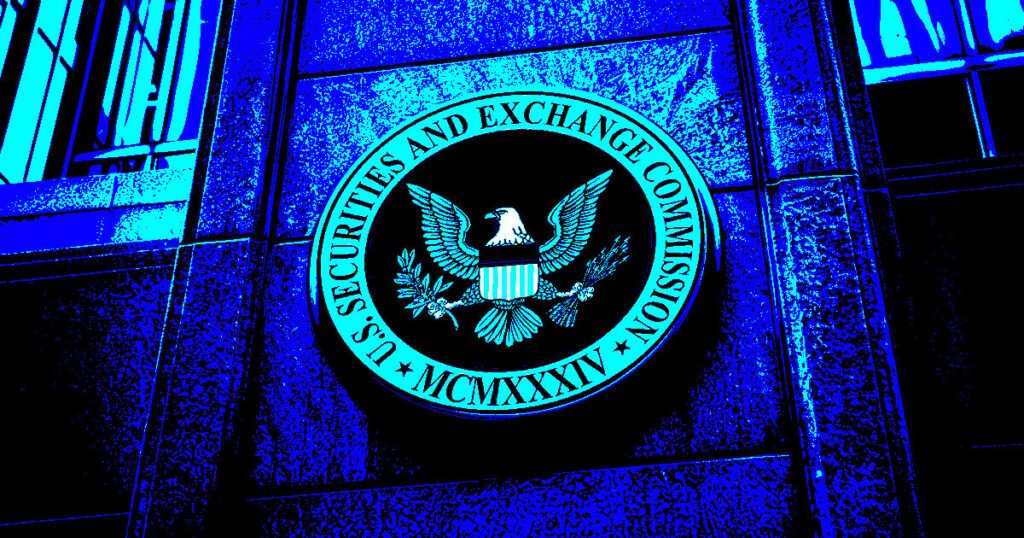The US Securities and Exchange Commission (SEC) recently distributed $4.6 million to investors of the defunct crypto startup BitClave’s 2017 initial coin offering (ICO). The funds were disbursed as part of the BitClave Fair Fund established after a 2020 settlement. BitClave raised $25.5 million in just 32 seconds during the height of the 2017 ICO boom, selling its Consumer Activity Token (CAT) to thousands of investors. The SEC took legal action against BitClave in 2020, alleging violations of securities laws during the ICO. BitClave settled without admitting wrongdoing and agreed to surrender the raised funds, along with an additional $4 million in interest and penalties.
As part of the settlement, BitClave also agreed to destroy uncirculated CAT tokens and requested exchanges to delist the digital assets. The total amount allocated to the Fair Fund was intended to compensate affected investors. Eligible claimants were required to submit claims by August 2023, with notifications expected by March 2024. However, discrepancies arose when BitClave had only paid $12 million of the agreed nearly $29 million to the fund by February 2023. The remaining $7.4 million remains unresolved, with neither the SEC nor the fund administrator providing comments on the matter.
The BitClave case highlights the regulatory scrutiny surrounding the ICO era and reinforces the SEC’s commitment to protecting investors. The agency’s statement on Nov. 20 assured eligible recipients that compensation is underway, signaling progress in resolving legal challenges from the ICO boom. Despite the unresolved discrepancies, the distribution of funds to affected investors is a positive step forward in addressing the fallout from BitClave’s ICO.
As the SEC continues to enforce regulations in the crypto industry, investors can expect increased scrutiny and protections. The BitClave case serves as a cautionary tale for other startups looking to conduct ICOs, emphasizing the importance of compliance with securities laws. By holding companies accountable for violations, the SEC aims to maintain market integrity and protect investors from potential scams and fraud. The distribution of funds to BitClave investors demonstrates the agency’s dedication to upholding investor rights in the rapidly evolving cryptocurrency market.
Moving forward, companies in the crypto space should take note of the BitClave case and ensure they are fully compliant with securities regulations before launching any fundraising campaigns. Transparency and accountability are crucial in gaining investor trust and avoiding legal repercussions. By learning from past mistakes and working towards regulatory compliance, startups can mitigate risks and build a solid foundation for future growth. The SEC’s actions in the BitClave case underscore the importance of regulatory compliance in the crypto industry and the consequences of failing to adhere to securities laws.


